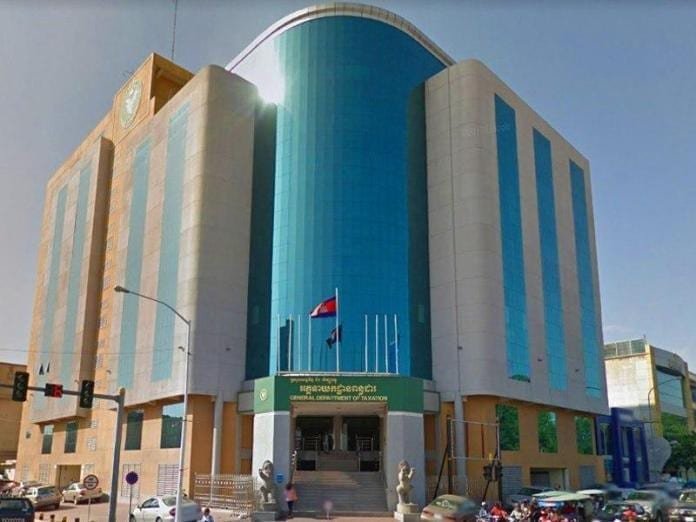Are you planning to invest in Cambodia real estate? If yes, there are so many things you need to consider. One of the important things you should know before investing in the Cambodia property market is the tax structure.
Depending on the country you choose, the tax structure will differ. The amount of real estate tax you will be charged from one country may not be the same with another country. Whether you are a Cambodian investor or a foreign investor, understanding the tax system is very important.
Before we understand the tax structure, we need to understand what actually property means in Cambodia? The term property means lands, houses, buildings, and other constructions built on the land.
Real Estate Tax in Cambodia
First of all, the property tax in Cambodia is not imposed for properties valued less than 100 million riels ($25,000). The property tax in Cambodia is focused on encouraging the use of land and also to benefit the sub-national administrative budget.
The property’s value is determined by the property evaluation committee established by the Prakas of the Minister of Economic and Finance. Property tax or Tax on Immovable Properties (TOIP) is imposed on properties located in the municipality and provinces. And as we have said, it will be imposed on properties valued more than $25,000.
The real estate tax is collected annually, and it is levied at 0.1% on the property’s market value. The property tax can be derived by getting 80% of the tax base, then subtracting $25,000 and getting 1% of the total.
Tax on Unused Land in Cambodia (The Unused Land Tax)
If you have any unused land in Cambodia, you will still need to pay the tax. In fact, on unused land, you will be paying more tax than the land that is already in use. Why is this so? The reason for this type of tax is to discourage owners from not using his/her property.
The Unused Land Tax is imposed on non-constructed land and the abandoned constructed land located in the cities and the areas determined by ULAC (Unused Land Appraisal Committee).
The tax is levied 2% on the tax base. The important thing to note here is, the tax on the unused property is imposed only on properties valued less than 100 million riels.
Registration Tax
Registration tax or transfer tax is imposed on the transfer of ownership of the property. According to tax law, property buyers are responsible for the payment of the 4% stamp tax. But, in reality, this tax is usually paid by the seller.
Tax on property rental
If you have any property given on rent, it will also be taxable. Property rental tax is levied on various types of properties: residential/commercial properties, industrial/commercial installed equipment, floating homes, and lands without buildings. It is levied 10% of the gross rental.
Apart from tax on various types of properties, the important thing you need to keep in mind is the penalty for tax evasion. In Cambodia, tax evasion has a penalty of 10M KHR ($2500) to 20M KHR ($5000) and/or imprisonment of 1-5 years. Apart from this, tax obstruction has a fine of 5M KHR ($1250) to 10M ($2500) and/or imprisonment from 1 month to 1 year.
For a foreigner, understanding the country’s tax structure is so important. Once you understand the property tax structure in Cambodia, you are all set to invest. For any real estate investment in Cambodia, Dragon Real Estate is the right choice.




You must log in to post a comment.